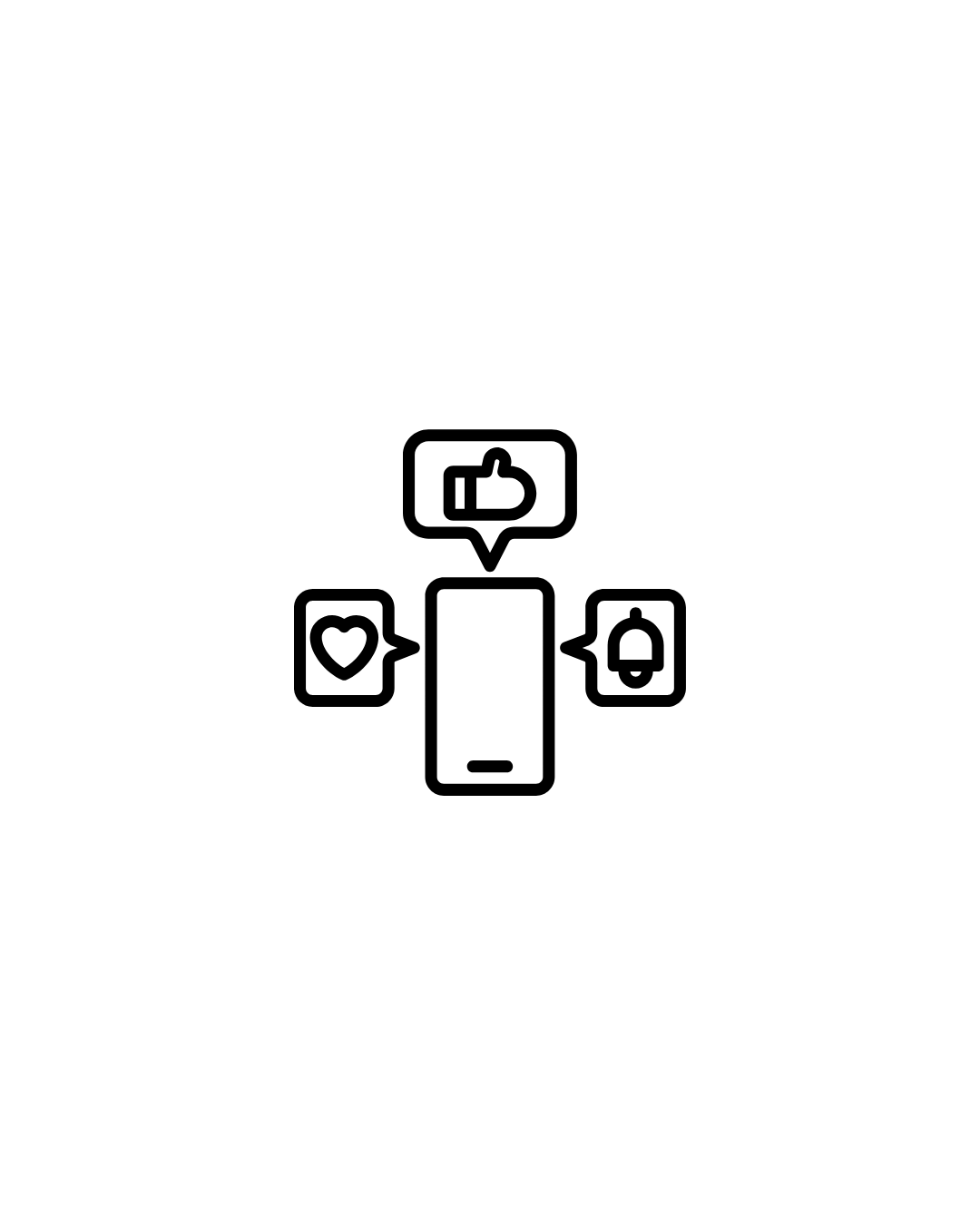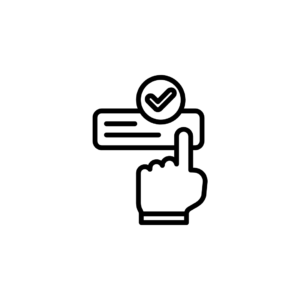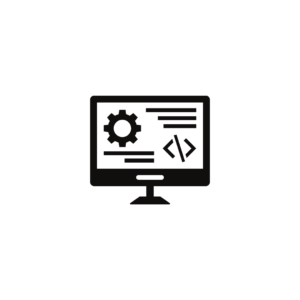Description
An Advanced Diploma in Digital Media & Design is an interdisciplinary program that combines principles of design, technology, and communication to prepare students for careers in various digital media fields. This program typically covers areas such as graphic design, web design, animation, video production, and digital marketing.
Course Details:
Duration: Usually 1 to 2 years, depending on the institution and whether the program is offered full-time or part-time.
Eligibility: A high school diploma or equivalent; some institutions may require a portfolio of creative work or prior experience in art or design.
Mode of Study: Available in full-time, part-time, or online formats, often blending theoretical lectures with hands-on project-based learning.
Curriculum:
The curriculum for an Advanced Diploma in Digital Media & Design typically includes the following key components:
1. Introduction to Digital Media
Overview of Digital Media: Understanding the various forms of digital media and their impact on communication and design.
Digital Media Tools: Familiarization with software and tools commonly used in digital design, such as Adobe Creative Suite (Photoshop, Illustrator, InDesign).
2. Graphic Design Principles
Visual Communication: Techniques for effective visual storytelling and the use of typography, color theory, and composition.
Design Projects: Hands-on projects to apply graphic design principles to real-world scenarios.
3. Web Design and Development
Fundamentals of Web Design: Understanding web design principles, user experience (UX) design, and responsive design.
HTML/CSS Basics: Introduction to coding for web development and creating visually appealing website layouts.
4. Animation and Motion Graphics
Animation Techniques: Basics of traditional and digital animation, including keyframe animation and character design.
Motion Graphics: Creating animated graphics for video and web applications using software like Adobe After Effects.
5. Video Production and Editing
Filming Techniques: Understanding the basics of video shooting, including camera operation and lighting.
Video Editing: Skills for editing video content using software like Adobe Premiere Pro or Final Cut Pro.
6. Digital Marketing and Social Media
Digital Marketing Fundamentals: Overview of digital marketing strategies, including SEO, content marketing, and social media marketing.
Creating Content for Social Media: Techniques for designing effective graphics and videos tailored for various social media platforms.
7. User Interface (UI) and User Experience (UX) Design
Basics of UI/UX: Understanding user-centered design and creating intuitive interfaces for web and mobile applications.
Prototyping and Testing: Techniques for prototyping designs and conducting user testing to gather feedback.
8. Project Management in Digital Media
Managing Creative Projects: Skills for planning, executing, and managing projects in the digital media field, including time management and collaboration.
Client Relations: Techniques for communicating with clients and understanding their needs in a creative context.
9. Portfolio Development
Creating a Professional Portfolio: Guidance on compiling a strong portfolio that showcases skills and projects to prospective employers or clients.
Career Preparation: Strategies for job searching, networking, and interviewing in the digital media industry.
Assessment:
Assessment methods for this program may include:
Project Work: Completion of design projects that apply skills learned throughout the course.
Written Assignments: Research papers or reports analyzing trends in digital media and design.
Portfolio Review: Evaluation of a student?s design portfolio to assess creativity and competency.
Career Opportunities:
Graduates of an Advanced Diploma in Digital Media & Design can pursue various exciting careers, including:
Graphic Designer: Creating visual content for print and digital media, including advertisements, branding, and publications.
Web Designer: Designing and developing user-friendly websites with a focus on aesthetics and functionality.
Animator/Motion Graphics Designer: Producing animated content for films, commercials, and online platforms.
Video Editor: Editing video content for various applications, including marketing, online content, and entertainment.
Digital Marketing Specialist: Managing and executing digital marketing campaigns across social media and other online platforms.
This advanced diploma program prepares students for a creative and technically fulfilling career in the rapidly evolving digital media landscape. If you have any further questions or would like more details on specific aspects of the program, feel free to ask!









